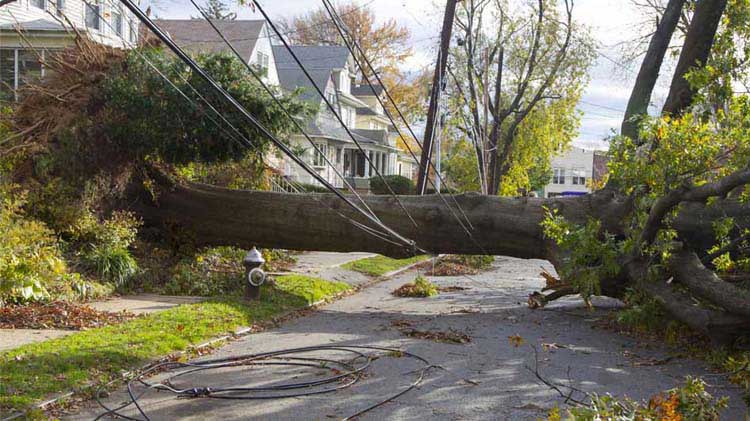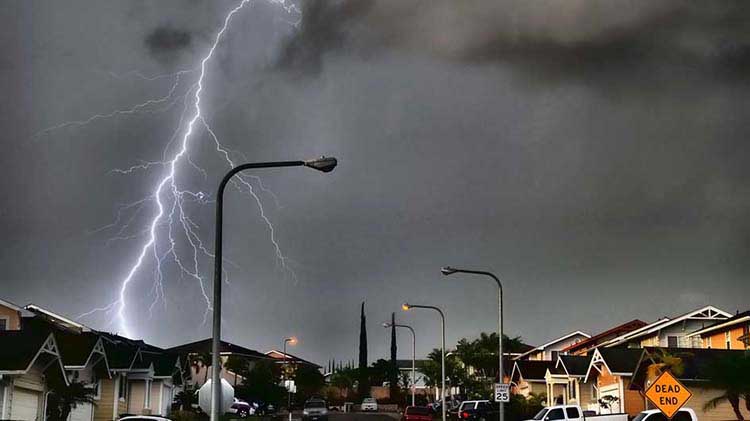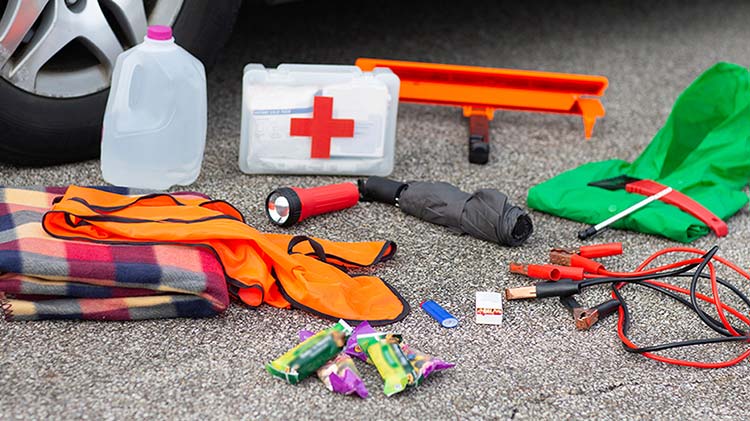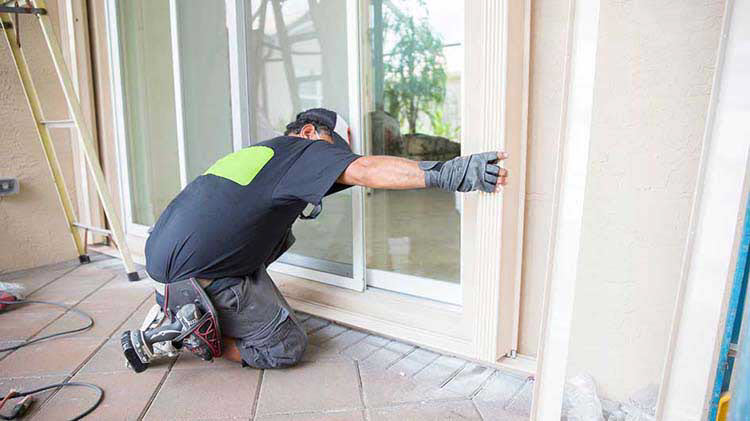Power outage tips
When severe weather looms, see that your home or small business is prepared for a power failure.
Whether or not you know it's coming, a power outage can be a major disturbance. Knowing how to prepare for a power outage is a good idea, and it never hurts to be prepared once the lights go out.
How to prepare for a power outage
- Power outages can happen at any time and are unavoidable, but the costs and inconvenience associated with them can be lessened by installing a backup generator at a home or business.
- Have a small power outage emergency kit on hand. Consider including water, snacks, medications and books. If the outage is expected to last longer than a day, you might need to have a larger kit that includes water and food for several days, plus extra blankets and warm clothes.
- Keep flashlights, a battery-powered radio and extra batteries in a designated area so they can be easily found.
- If you know the outage is coming, set aside extra water and buy or make extra ice. You can use the ice to keep perishable items cool.
- Install fresh batteries in your smoke detector. Test the smoke detector on a monthly basis to confirm it's working.
- Keep an appliance thermometer in the freezer. If the freezer is 40⁰ Fahrenheit or colder when the power returns, the food may be considered safe.
- Keep a fully charged cell phone on hand. If you have a portable charger, see that it's charged and ready.
What to do in a power outage
- If possible, use flashlights or battery-operated candles instead of conventional candles for emergency lighting. Candles used in unfamiliar settings can be dangerous fire hazards.
- Turn off, unplug or disconnect any appliances, equipment or electronics that were on when the power went out. When power comes back on, it may come back with momentary "surges" or "spikes" that can damage equipment such as computers, and motors in appliances like the air conditioner, refrigerator, washer or furnace.
- Leave one light on so you know when the power returns.
- Avoid opening the refrigerator and freezer to help keep the food cool. Before eating food items, check them for spoilage.
- Use generators safely. If you have a portable generator, only run it outdoors with adequate ventilation. Never use a generator indoors or in attached garages. The exhaust fumes contain carbon monoxide, which can be deadly if inhaled.
- Listen to a battery powered radio for updates.
- Know how to get information about power outages. If you have access to the internet, look up the electrical outage information for your area.
After a power outage
- Dispose of refrigerated food that's been exposed to temperatures 40⁰ or higher for two hours or more, or that has an unusual odor, color or texture. When in doubt, throw it out!
- Discard any medication that's refrigerated if the power is out for more than a day unless the drug's label says otherwise. If a life depends on the refrigerated medication, consult a doctor or pharmacist to see if the medicine can be used until a new supply is available.
Food spoilage or appliance damage
If a covered event caused by a power outage occurs, your homeowners or small business policy may provide food spoilage coverage. Your policy may have a limit it will cover and there may be a deductible. A covered event might include a tornado, hurricane, fire or lightning, to name a few. Most policies will not include mechanical failure due to wear and tear or if the unit just stops working. And policies might not provide coverage if the power is just turned off — by you or the utility company.
Your appliances may or may not be covered depending on the policy. Endorsements are available to extend coverage to appliances that are damaged due to electrical failure.
If you do have a loss of food or appliance damage, check your home insurance policy or small business policy to see if the loss may be covered. If you decide to file a claim, your policy will be reviewed and your insurance company will advise whether or not your loss is covered. If there are questions, please contact your agent.




